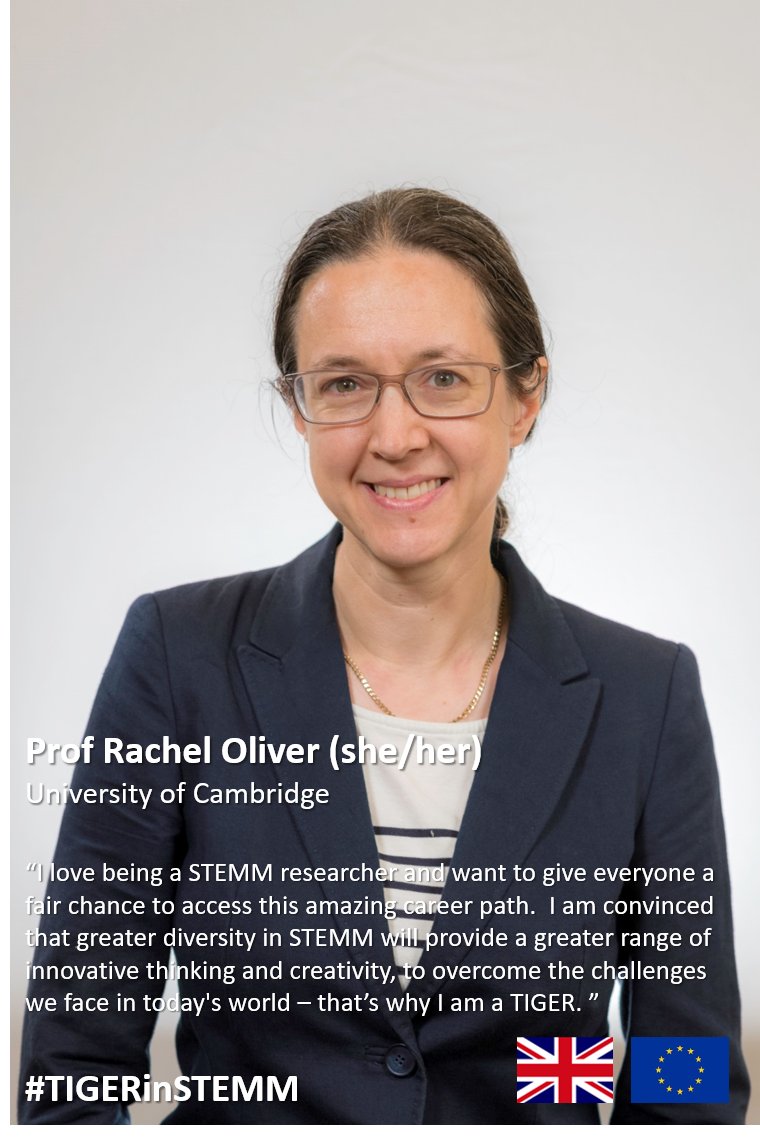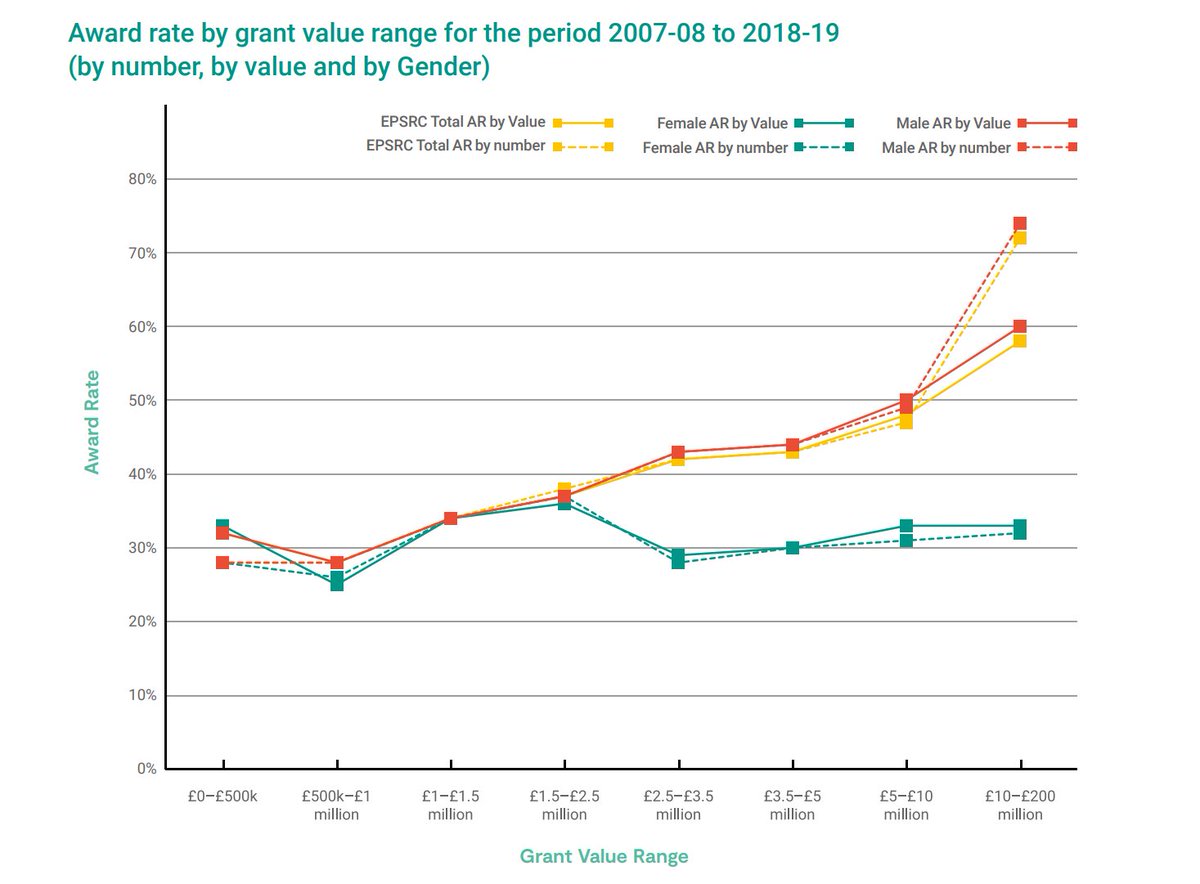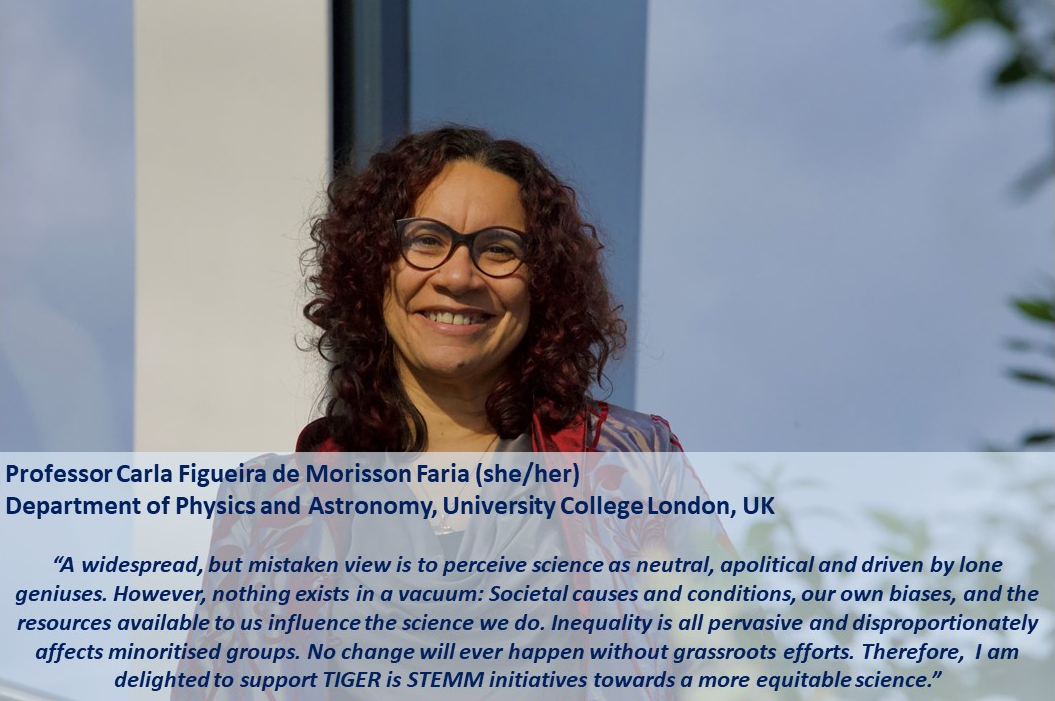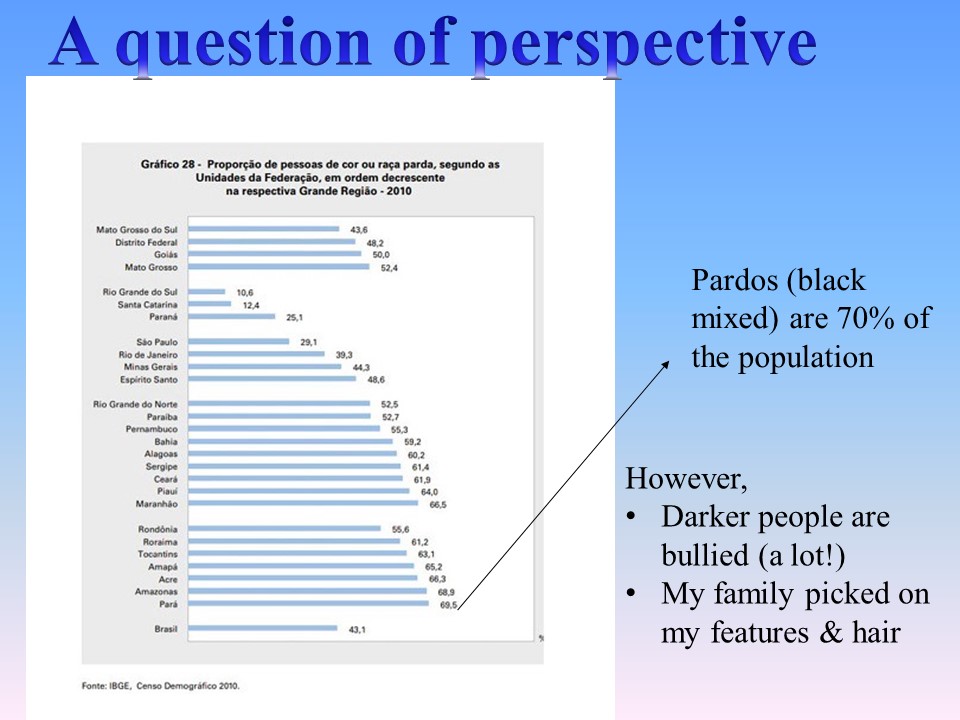
This morning the House of Commons Science and Tech Committee @CommonsSTC will be holding an evidence session about the planned "ARPA-style" research funding agency & asking questions including the impact of these plans on ED&I. @ProfRachelGaN here, ready to report on the session! 

You can join me in following the session live on Parliament TV - here's the link:
parliamentlive.tv/Event/Index/e2…
It should kick off at 9 am and the witnesses will be Professor Dame Ottoline Leyser, Chief Executive, UKRI; and Sir John Kingman, Chair, UKRI .
parliamentlive.tv/Event/Index/e2…
It should kick off at 9 am and the witnesses will be Professor Dame Ottoline Leyser, Chief Executive, UKRI; and Sir John Kingman, Chair, UKRI .
Equality, diversity &inclusion is only 1 of the topics that will be addressed, & I personally am disappointed that such an important issue only merits part of a short one hour session. Nonetheless, I hope some key questions around leadership, accountability & scrutiny get raised.
Hopefully a member of the Women & Equalities Committee will also be sitting in on the session. TIGERS provided evidence about the unequal impact of COVID-19 on people in STEM research careers to that committee earlier in the year.
The session ha begun, so here goes with the live tweeting! @UKRI_CEO Dame Otteline Leyser is introducing UKRI, and answering questions about where it's going to go under her leadership.
Currently questions are addressing the fact that the government has not yet provided a funding settlement for UKRI for next year and how this affects UKRI strategy. More broadly, I believe that short-termism in funding strategy leads to rushed decision making and inequalities.
.@GregClarkMP is asking about the impact of short term funding settlements on #ECRs. @UKRI_CEO is more worried about the impact of #COVID19 on researchers. This is a major concern, and has also affected #womeninSTEM significantly.
A lengthy discussion has now ensued about whether government should provide UKRI with its budget in a one year or a multi year settlement. @UKRI_CEO is clearly in favour of a longer term settlement to help with planning and give confidence to the community.
Next question - should UKRI be central to our industrial strategy?
Nothing directly addressing ED&I or indeed ARPA so far except for a brief mention of ECRs.
Currently @UKRI_News is talking about the UKRI's role in horizon scanning for important new research areas, and advising government. No acknowledgement of the fact that when govt gets a bee in its bonnet about a topic and suddenly bungs funding in that direction, this often...
... leads to funding calls which are rushed out, poorly written and give little thought to impact for equity. The work of @AddyAdelaine on the call about BAME and COVID-19 offers a key example of this problem.
Discussion now on whether UKRI is able to shift funding in an agile fashion into government priority areas and "de-prioritise" what is considered less important. Where is the Haldane principle here? Consultation with researchers about priorities does seem to be on the agenda.
Now onto ARPA... committee members suggest ARPA will have less oversight from government and be very data driven. The question is do we need ARPA and what does it add to UKRI?
@UKRI_CEO explains current US DARPA as a challenge led fudnign model with a strong pull from the defence department. This wasn't the original vision of ARPA which was meant to be more visionary and led by top researchers given flexibility to allocate funding in new ways.
These visionary leaders expermenting with alternative funding models are apparently the key vision for UK ARPA.
Alternative funding models could be great for equity ... but this looks like a "lone genius" model of science which could be ripe for abuse and for ignoring equity.
Alternative funding models could be great for equity ... but this looks like a "lone genius" model of science which could be ripe for abuse and for ignoring equity.
How would these "visionary leaders" be identified?
How would their novels ways of allocating funding be scrutinised in terms of EDI concerns?
How would their novels ways of allocating funding be scrutinised in terms of EDI concerns?
Question asked about whether this kind of funding will "attract a more diverse type of person" - but followed up with "the kind of person who doesn't like filling in forms but would be willing to stick a frog in a blender"?
@UKRI_CEO is now stressing the importance of preserving "all different sorts of diversity" across the funding system. This all seems to be about "diversity of thought" - & whilst more new ideas do arise from a more diverse research community, the phrase "diversity of thought"...
... is often used to avoid addressing real diversity in terms of race, disability, gender, LGBTQ etc.
Now there are questions to @UKRI_CEO about whether she has been consulted about ARPA by government. She clearly has... but what about consultation with the broader researcher community and with a range of people with diverse personal characteristics?
Questions now move to the focus of UK-ARPA. Should it focus on a single field - perhaps the needs of the NHS?
.@UKRI_CEO stresses that her expectation is ARPA is all about getting the right people in. With the early appointments shaping the scientific direction. These people are going to have a LOT of power. We MUST ask:
How are we going to ensure that these people embody diversity?
How are we going to ensure that these people embody diversity?
I am hugely concerned about this picture. It would be enormously easy for the selection of these "visionary leaders" to protect and extend the "old boys club", and actually lead to narrow thinking driven by just the usual type of people, damaging not only equity but also science.
Now @CMonaghanSNP is asking questions. I hope she will ask some questions which actually address #equality #diversity #inclusion and #accessibility. EDI&A has been totally absent from this discussion so far and there are only five minutes left.
Aha - @CMonaghanSNP is asking about the funding gap experienced by #womeninSTEM. She suggests that women on average get 15% less funding than men, and asks why women would follow a career in this biased landscape.
@UKRI_CEO says this is because women are applying for less rather than being awarded less, and that this is really linked to large projects. She's talking about the model for who holds the biggest grants, but not addressing the barriers women face in applying for large grants.
@UKRI_CEO says the data highlights problems and then you have to go ahead and think about it. But there's been a lot of thinking and very little meaningful actions.
@CMonaghanSNP asks whether the data are available by discipline. Response is that the data are available by council... but of course the councils actually cover multiple disciplines.
Whilst I'm very glad @CMonaghanSNP is addressing these issues, questioning is very focussed on @womeninSTEM. We can't silo diversity like this, we need to address race, disability, LGBTQ+ etc where the issues are even larger.
Questions now focus on why government have said UKRI should not consider Athena Swan and similar awards when allocating funding and whether lack of push to do Athena Swan is going to be damaging.
NIHR used to have compulsory involvement with Athena Swan but this is now not allowed to do so. @UKRI_CEO suggests that enforced Athena Swan is done badly in a box-ticking way and is essentially worthless. Is doing NOTHING somehow better?
@UKRI_CEO suggests that UKRI scrutinise EDI at institutions much more broadly and overarchingly. This is SIMPLY UNTRUE. I see no meaningful scrutiny of EDI at Universities from UKRI.
Another committee member asks when UKRI will publish its much anticipated EDI strategy. It's going to be delayed again because of the need to align with the government's "People and Culture Strategy". No date available from when it will happen.
Next question - what evidence is there that UKRI's policies on EDI&A are acessible. @UKRI_CEO says they are now collecting better data and will be able to check.
She highlights that the UKRI FLFs are an example of something that is working in supporting diverse candidates.
She highlights that the UKRI FLFs are an example of something that is working in supporting diverse candidates.
That is true about the FLFs, but that's a very limited aspect of UKRI, and she's not said anything about the much broader work of UKRI where EDI is NOT moving forward. Committee asks for written evidence to be provided.
Committee asks: What can ARPA learn from UKRI EDI policies and processes?
@UKRI_CEO suggests that the "visionary leaders" will bring in new diverse ways of doing things. She suggests constraints on selection criteria contrain diversity. This sounds very very risky.
@UKRI_CEO suggests that the "visionary leaders" will bring in new diverse ways of doing things. She suggests constraints on selection criteria contrain diversity. This sounds very very risky.
John Kingman is stressing @UKRI_CEO's expertise in the EDI space and how brilliantly she's going to lead this aspect of UKRI. All turning into a bit of a love in but actual evidence of success in achieving improved diversity at UKRI is thin on the ground.
Questions now turn away from EDI and towards involvement with EU research programmes. What are the monetary costs and the monetary or non-monetary benefits.
So there we are - it looks like that from the @commonsSTC point of view the huge issue of #equality #diversity #inclusion and #accessibility in science is worth about 15 minutes fairly gentle questioning, largely focused on questions around #womeninSTEM. Disappointing.
This section of the session is now wrapping up. I've got other commitments so I'll stop live-tweeting now, but I'll try and come back later with some thoughts on what this has or hasn't achieved.
Bother - there was an error in the tweet above - the perils of live-tweeting at speed. It should have read "Consultation with researchers about priorities does NOT seem to be on the agenda." which is a fairly major omission on my part. Or maybe wishful thinking.
Worth adding: the opinions I'm expressing above are my own off the cuff impressions. I was live-tweeting at speed. These are not the considered & agreed thoughts of TIGERS as a group. If you've read the thread or watched the session I'd love to hear from you about these issues!
What are the risks & opportunities which the plans for a new ARPA-style science funding agency present for #equality #diversity #inclusion & #accessibility? Is the government addressing these questions? Do current UKRI policies give a good starting point for EDI in a new agency?
• • •
Missing some Tweet in this thread? You can try to
force a refresh





